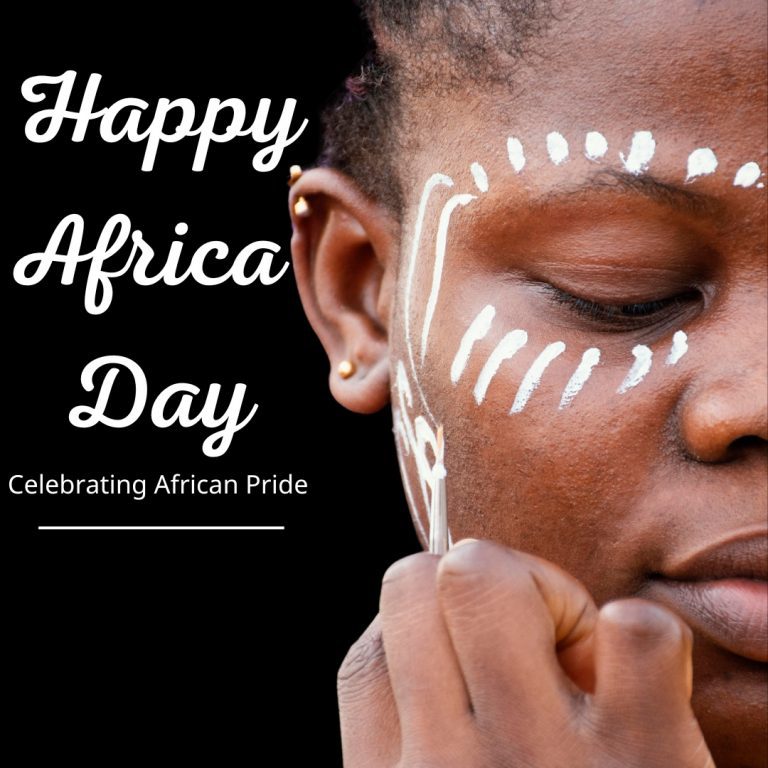Miiroo, duniyaa kuwolu to
1 Kawandilaa la kumakaŋolu fele, Dawuda dinkewo, mansa meŋ be Yerusalaamu.
2 A ko,
“Feŋ te,
feŋ na feŋ te.
A bee le maŋ ke feŋ ti.”
3 Hadamadiŋo ka muŋ nafaa le soto,
a la kata kuwolu bee to,
a ka tara mennu katariŋ duniyaa tiloo koto?
4 Jamaanoo le ka taa, jamaanoo ye naa.
Duniyaa wo be tu la a ñaama le fo fawu.
5 Tiloo ka bo le, a ye boyi,
A ye muru katabake, ka taa a bodulaa.
6 Foñoo ka fee bulubaa la le,
a ye muru naŋ wo la maraa la.
A ka muruŋ-muruŋ wo le ñaama,
fo a ye muru naŋ a noo to.
7 Boloŋolu bee ka bori le ka taa baa baa kono,
bari hani wo, a nene maŋ faa.
Boloŋolu ka bori ka bo naŋ daameŋ,
ì ka bori ka muru wo dulaa kiliŋo le to.
8 Kuu-wo-kuu, bataa le mu,
moo te meŋ daŋo fo noo la.
Ñaa buka jeroo ke fo a ye kaañaŋ,
tuloo buka moyiroo ke fo a ye kaañaŋ.
9 Meŋ tarata keriŋ nuŋ, wo le ka ke kotenke.
Meŋ dalita ke la, wo le be ke la kotenke.
Feŋ ne maŋ kutayaa ñiŋ duniyaa tiloo koto.
10 Fo feŋ ne be keriŋ baŋ,
moo si meŋ na kuwo fo noo ko,
“Ñiŋ feŋo wo de, ate mu kutamaa le ti?”
Wo feŋo, a tarata keriŋ ne biriŋ,
janniŋ ntolu faŋo ka soto.
11 I maŋ a je,
moo foloolu la kuwo bota hakiloo la miira to,
aduŋ hani mennu ka naa,
ì la kuwo be fili la wo le ñaama moolu ma,
mennu be naa itolu koolaa.
Ñaameŋo labaŋo lee?
12 Nte Kawandilaa, nte le keta Banisirayila mansa ti Yerusalaamu. 13 N ka ñaameŋo le taa ka n hakiloo taamandi, ka ñinindiroo ke, ka kisikisiroo ke kuwolu bee la, mennu ka ke ñiŋ duniyaa kono. Alla le ye duni koleŋo laa hadamadiŋo kaŋ, ka tara a faŋ batandi la doroŋ. 14 Ŋa a je le kuwolu mennu bee ka ke ñiŋ duniyaa tiloo koto. Ñiŋ bee maŋ ke feŋ ti, a ka munta le ko foño bayindoo.
15 Meŋ jenketa, wo buka tilindi noo,
aduŋ feŋ sotobaloo,
wo buka bula noo kontiri kono.
16 N ko m faŋ ye ko, “N na kuwo semboo warata ñaameŋo la karoo la le, ka tambi moo-wo-moo la meŋ nene ye maraloo ke Yerusalaamu, janniŋ nte la waatoo. N hakiloo fanuta ñaameŋo niŋ londoo la kuwo to le famfaŋ.” 17 Bituŋ n naata bula siloo nooma, ka a loŋ meŋ faŋo mu ñaameŋo ti, tooleeyaa aniŋ fuuriŋyaa. Bari n naata a je le ko, ñiŋ fanaa ka munta le ko foño bayindoo.
18 Ñaameŋ koleŋo be daa-wo-daa,
niitoora koleŋo le ka tara a nooma,
londi fuumariŋo, niikuyaa koleŋo.
Life Is Useless
1 These are the words of the Philosopher, David's son, who was king in Jerusalem.
2 It is useless, useless, said the Philosopher. Life is useless, all useless. 3 You spend your life working, laboring, and what do you have to show for it? 4 Generations come and generations go, but the world stays just the same. 5 The sun still rises, and it still goes down, going wearily back to where it must start all over again. 6 The wind blows south, the wind blows north—round and round and back again. 7 Every river flows into the sea, but the sea is not yet full. The water returns to where the rivers began, and starts all over again. 8 Everything leads to weariness—a weariness too great for words. Our eyes can never see enough to be satisfied; our ears can never hear enough. 9 What has happened before will happen again. What has been done before will be done again. There is nothing new in the whole world. 10 “Look,” they say, “here is something new!” But no, it has all happened before, long before we were born. 11 No one remembers what has happened in the past, and no one in days to come will remember what happens between now and then.
The Philosopher's Experience
12 I, the Philosopher, have been king over Israel in Jerusalem. 13 I determined that I would examine and study all the things that are done in this world.
God has laid a miserable fate upon us. 14 I have seen everything done in this world, and I tell you, it is all useless. It is like chasing the wind. 15 You can't straighten out what is crooked; you can't count things that aren't there.
16 I told myself, “I have become a great man, far wiser than anyone who ruled Jerusalem before me. I know what wisdom and knowledge really are.” 17 I was determined to learn the difference between knowledge and foolishness, wisdom and madness. But I found out that I might as well be chasing the wind. 18 The wiser you are, the more worries you have; the more you know, the more it hurts.


